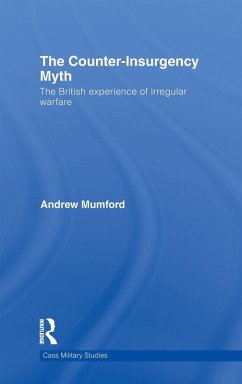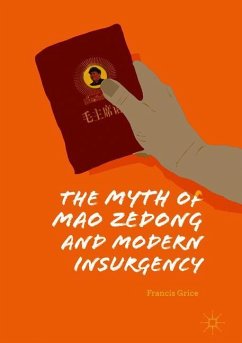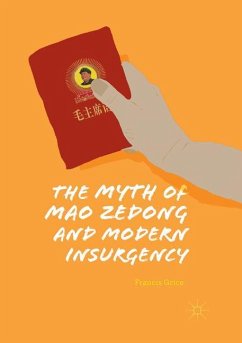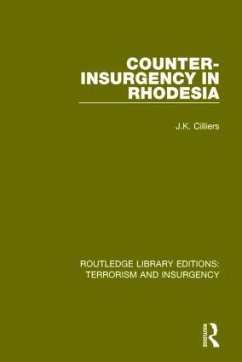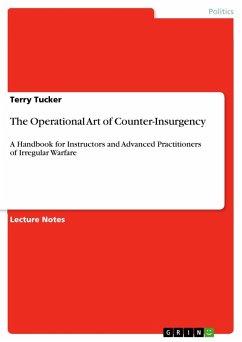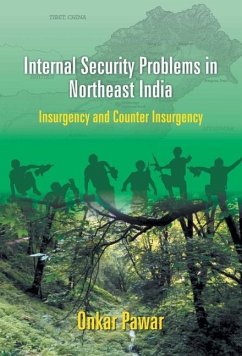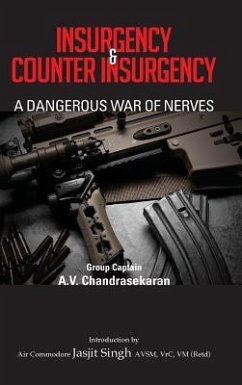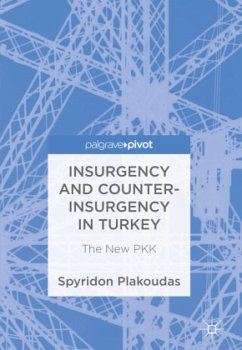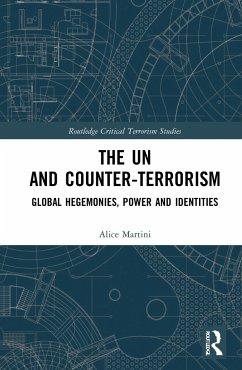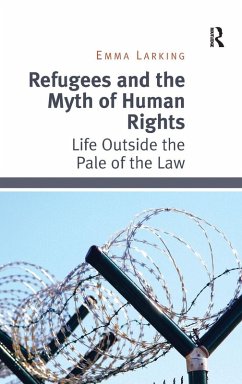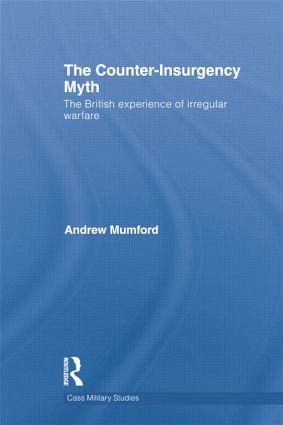
The Counter-Insurgency Myth
The British Experience of Irregular Warfare
Versandkostenfrei!
Versandfertig in 1-2 Wochen
58,99 €
inkl. MwSt.
Weitere Ausgaben:

PAYBACK Punkte
29 °P sammeln!
This book examines the complex practice of counter-insurgency warfare through the prism of the British experiences of irregular war in the post-war era, from Malaya up to the current Iraq war.





